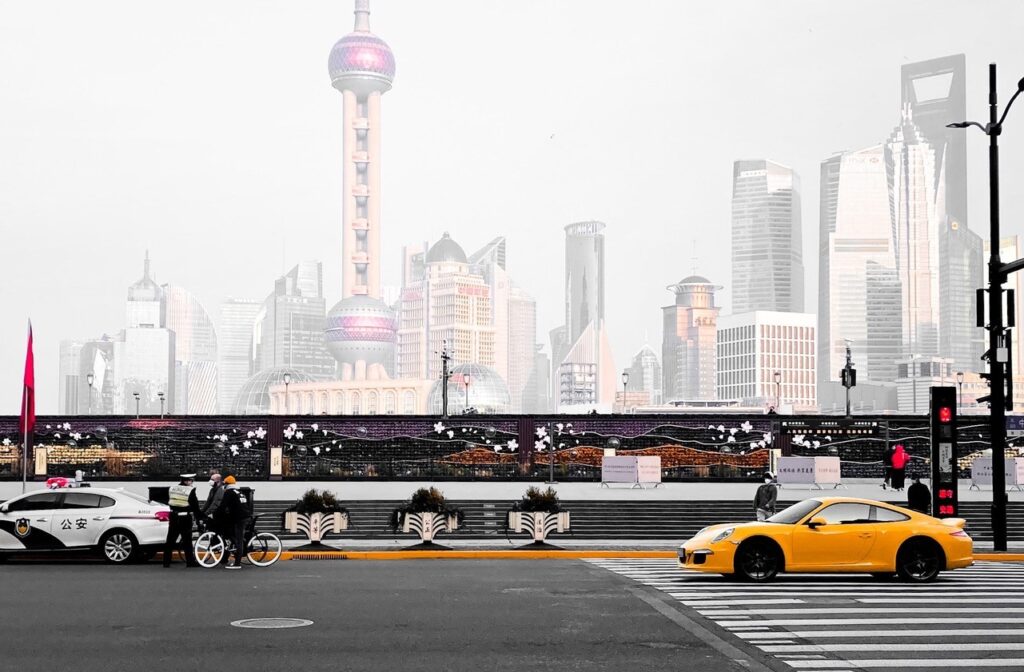A new book by Jasper Habicht
In the People’s Republic, campaigns are an established means for achieving political and legal aims. Since the beginning of the economic reforms, the country has developed rapidly economically, giving rise to both the constant development of the legal system and China’s attractiveness for workers from abroad. In response, two somewhat divergent strategies for handling immigration surged side by side, namely, campaigns and legislation.

In 2004, a fundamental revision of Chinese immigration law began. The old law could no longer meet the requirements resulting from the economic development that not only pushed the production of a detailed framework of administrative law, but also transformed China into a country of immigration. At the same time, reports about campaigns against illegal immigration and illegal employment of foreigners emerged in the media. In the context of these campaigns that targeted illegal entry, illegal stay and illegal employment of foreign nationals (so-called “sanfei” 三非 campaigns), the public was invited to report any suspicious activities related to illegal immigration to the police. Shortly before the revised law was promulgated, a large campaign against illegal immigration was deployed in Beijing.
The revision of immigration law and the deployment of campaigns against illegal immigration obviously took place during the same period, which suggests a relation between both. This raises the question: Why was it necessary to deploy campaigns when the law was already being revised? Apparently, the revision of the law would not suffice to strengthen control over immigration issues.
Jasper Habicht investigated the topic in detail in the course of his PhD project and found: law and campaigns are interrelated and dependent on one another.
His analysis of the internal structure of the campaigns and the embedding of the current immigration law in the context of Chinese administrative law showed that one the one hand, it was necessary to revise the law. On the other hand, its thorough implementation at the local level required the compliance of local police authorities. Because China is a centralistic state, control of the central level over local officials is often limited, especially in the police sector. Campaigns are an established means not only to communicate to the public that the central government has succeeded in strengthening control over a certain issue, but also to exert pressure on local police officials to comply with central-level norms.
The above-mentioned whistle-blower scheme, in the course of which the public reports illegal activities to the police, urges local police to act, resulting in higher compliance. The campaigns therefore not only tackle the issue of illegal immigration directly, but also by attacking regulatory failure or non-compliance of local police officials. On the other hand, the Chinese government understands that campaigns need to be legitimised by legal norms. Purely political campaigns would be harmful to the emerging economy.
In summary, it is precisely the combination of law and campaigns that is an effective means of governance in the context of immigration law.
Find Habicht’s careful examination of the role of campaigns in the context of China’s immigration law in his book “The Role of Campaigns in Law Enforcement: The Example of Sanfei Campaigns in Chinese Immigration Law” (e-book) recently published with Nomos. The print version can be purchased here.

